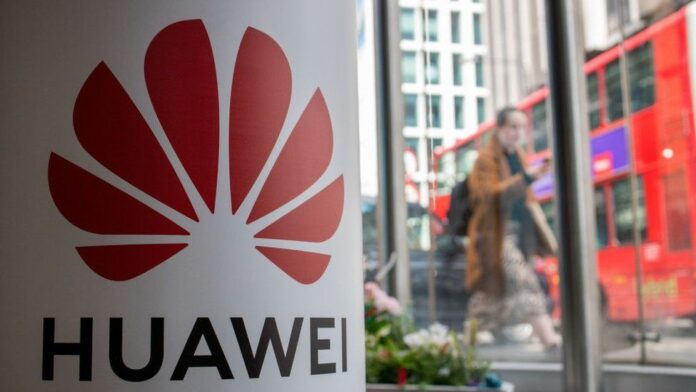Author: Jelvin Jose
Affiliation: Central University of Pondicherry (India) and National Institute of Advanced Studies (India)
Organization/Publisher: Journal of International Affairs, Columbia University School of International and Public Affairs (SIPA)
Date/Place: Jan 23, 2021/USA
Type of Literature: Article
Word Count: 1895
Keywords: UK, Huawei, USA, Espionage, 5G, China, 6G
Brief:
The UK announced last year that it would ban Huawei and remove China’s 5G infrastructure by 2027, however, it is worth analyzing what causes it to do so and whether the UK will reverse its decisions. Huawei has come under fire for lapses in its security system, which States fear could enable China to spy on them. In the wake of the US’s belligerence towards China, any Chinese infrastructure is under suspicion, which is also aided by the frustration that the US and UK are unable to produce the technology that China currently holds. The threat is still considered so great that Europe would rather delay the advent of 5G than consume Chinese technology, while Huawei and Samsung move on to develop 6G. The issue seems to be not so much about Chinese espionage as it is about geopolitics. The US has been a major factor in pushing and outright threatening the UK to ban Huawei; and since the UK needed to make deals with the US post-Brexit, it complied. Moreover, Prime Minister Boris Johnson also was under pressure from rebel Tory MP’s. In the US, firms in the tech sector are lobbying their government to push against Huawei even more, while the British are lobbying for their government to soften the restrictions since they are connected to the Chinese firm. It is evident that the UK’s decision is not wholly its own, which could explain why Beijing has not retaliated. Huawei’s Vice President also commented that with the exit of Trump, the Johnson administration could revisit its decision.
By: Sahar Sadiq, CIGA Research Intern




